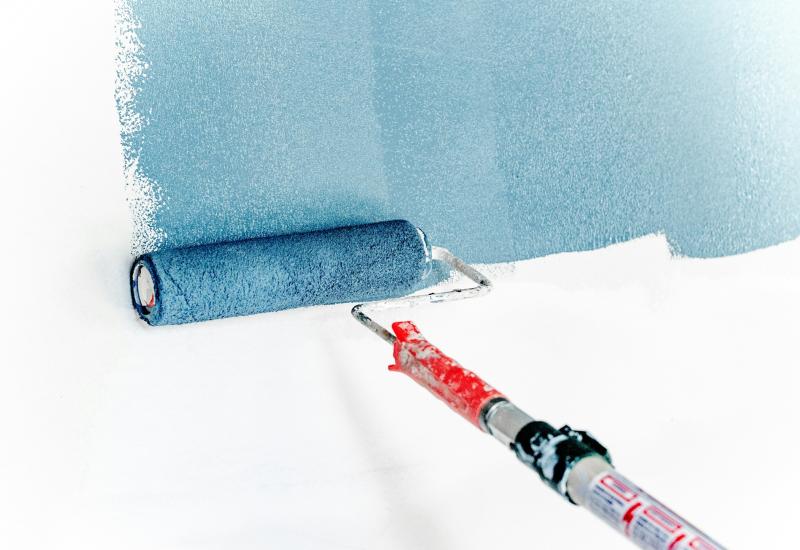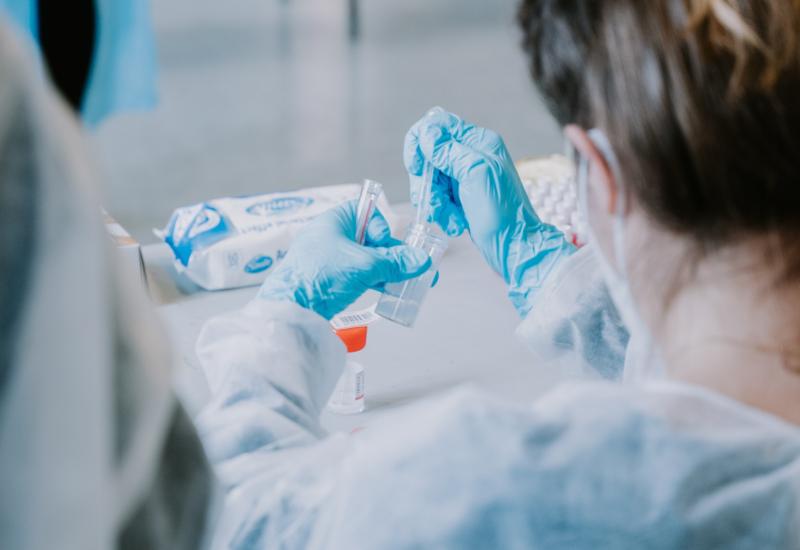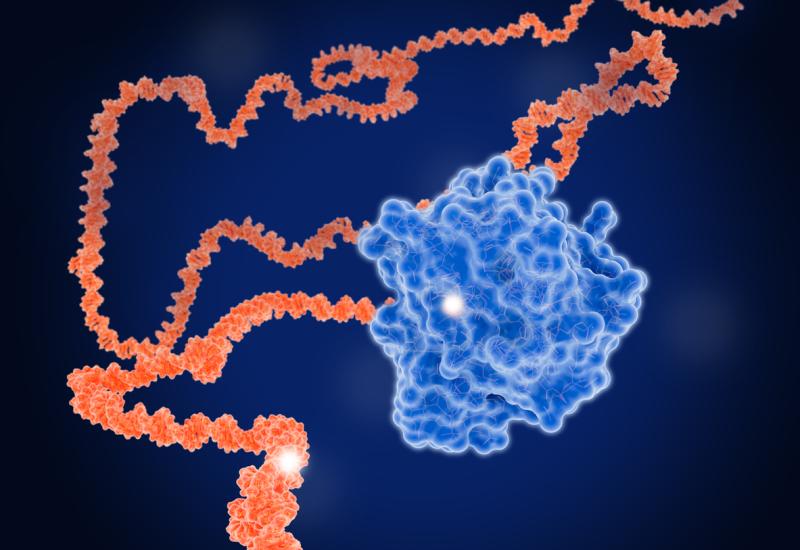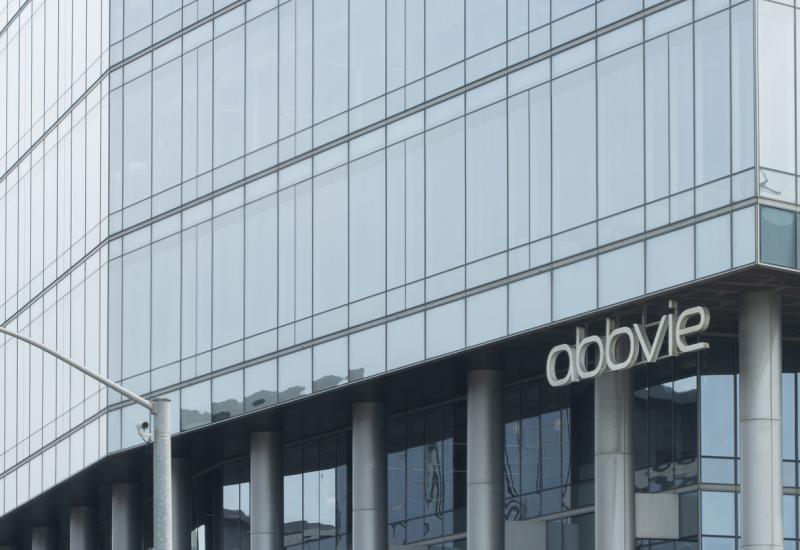
Nuvation reroutes its glioma plan
The company will no longer initiate a head-to-head trial of safusidenib against Voranigo.
The company will no longer initiate a head-to-head trial of safusidenib against Voranigo.

Nuvation has walked back from a plan to test its IDH1 inhibitor safusidenib head to head against Servier’s rival IDH1/2 blocker Voranigo in a phase 3 trial in low-grade glioma. The decision follows discussions with the FDA, the company disclosed in its third-quarter earnings presentation, and comes only eight months after Nuvation originally outlined this plan.
According to Nuvation, the accessibility of Voranigo outside the US is “highly variable”, which would make recruitment into the study tricky. Furthermore, it would take too long to enrol a study solely in the US. An alternative strategy involving Nuvation supplying Voranigo was deemed “not a financially prudent business decision”, the company added.
Instead, Nuvation is pivoting towards high-grade glioma, in addition to high-risk low-grade glioma; these are populations in which Voranigo remains unapproved.
Differentiated?
Nuvation still believes that safusidenib could have a differentiated profile versus Voranigo, which comes with a warning of liver toxicity. Voranigo was originally developed by Agios; Servier acquired Agios’s oncology business in 2021, and last year Royalty Pharma acquired Agios’s 15% royalty on Voranigo’s US net sales for $905m. This transaction valued Voranigo at around $6bn, Nuvation claims.
High-risk IDH1-positive glioma represents roughly half of all IDH1-positive glioma diagnoses each year, a market opportunity comparable in size to Voranigo’s, Nuvation says. Royalty Pharma recently disclosed that US net sales of Voranigo have topped $550m since launch.
Meanwhile, safusidenib has been through several owners. Nuvation gained it via the $250m acquisition of AnHeart, which had licensed the project from Daiichi.
The Japanese group earlier reported a 17% ORR with safusidenib in high-grade glioma, at ASCO in 2019, from 35 evaluable patients in a phase 1 trial. It's not clear how much AnHeart had paid it for ex-Japan rights.
Nuvation will presumably hope at least to repeat that Daiichi result in its pivotal trial. The company has amended its ongoing phase 2 study to include a 300-patient phase 3 expansion.
Following the FDA meeting, Nuvation sais it now has the agency’s buy-in on PFS as the primary endpoint to support full approval, and on a 250mg twice-daily dosing regimen with no further optimisation required. But a long road lies ahead as the company is not expecting to complete the study before 2029.
799













